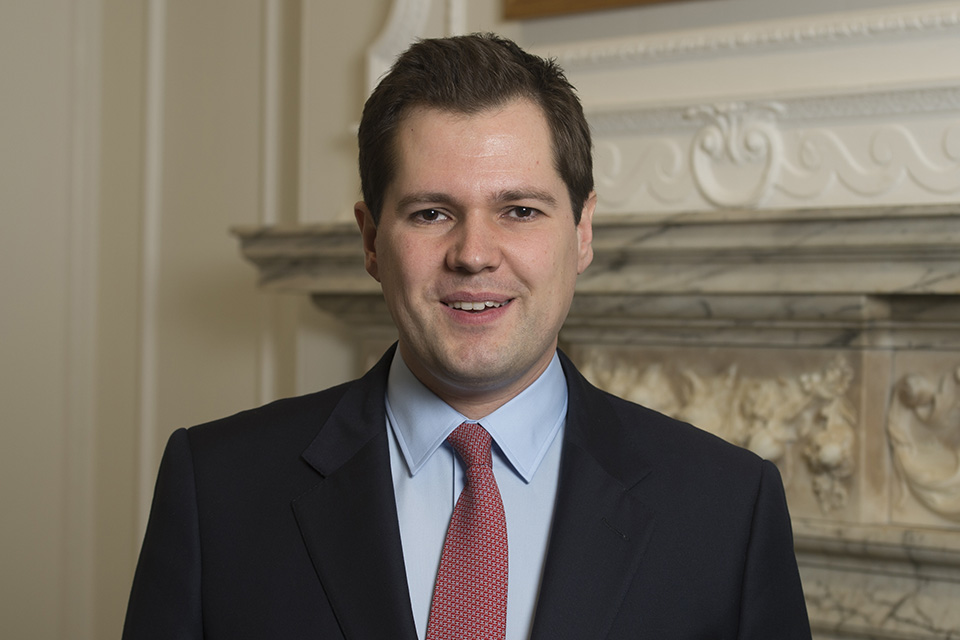Roy Hattersley – 1985 Speech on the Autumn Statement
Below is the text of the speech made by Roy Hattersley, the then Shadow Chancellor of the Exchequer, in the House of Commons on 12 November 1985.
The Chancellor, with characteristic modesty, claims an achievement which a generation of his predecessors sought but failed to obtain. The speaking note for Government Back Benchers, which has been circulated on today’s subject—the economy—describes its state as a dream come true. Does the Chancellor regard the economy as a “dream come true” for the 3·5 million men and women who are unemployed, for the families whose child benefit is to be cut in real terms, for the 95 per cent. of taxpayers who are paying more now than in 1979 and for the owner-occupiers who are burdened by uniquely high interest rates?
Will the Chancellor tell us some of the details of his proposal? Why have we not this year been told the size of what is called the “fiscal adjustment”? Is it because last year the right hon. Gentleman so mismanaged and bungled his tax cut promises that he precipitated the January sterling crisis? Is it simply because, like so many other promises—especially tax cut promises—what started out as an estimate of fiscal adjustment ended with a promise that he failed to deliver? Or, more likely, has he failed to tell us the fiscal adjustment because he wishes to pretend that the sale of British Gas is not intended to finance the temporary tax cuts with which he hopes to solve some of the Conservatives’ electoral problems?
If the Chancellor denies the connection between the sale of British Gas and the prospect of tax cuts, will he tell us whether the proposed temporary tax cuts could be financed without selling off those national assets? What other possible explanation can the right hon. Gentleman give the House for creating a private monopoly, already equipped with the power to fleece its consumers?
When the Chancellor has explained the purpose of that privatisation, will he tell us about the long-term implications? What does he think should happen when the privatisation proceeds run out? Does he think that the tax cuts that they finance should be restored, or does he think that there should be more cuts in public expenditure? After British Gas is sold and that annual income to the Government is lost, how does the right hon. Gentleman recommend that it should be made up—not for one year or two years, but in perpetuity?
All that the right hon. Gentleman can buy with the proceeds of the sale of British Gas is time. I ask the Chancellor again: what happens when the privatisation proceeds run out? What happens when the oil revenues run out? What happens when the report by the House of Lords predicting a collapse in manufacturing industry is proved to be true? In short, is the Chancellor capable of thinking beyond, looking beyond and planning beyond October 1987?
Tucked away in the seventh paragraph of the Chancellor’s statement was the aside that the public sector borrowing requirement had increased £1 billion above its target; yet, despite the PSBR being £1 billion out of line, the right hon. Gentleman still boasts about the economy’s strength. As the Government have now been partly converted to the virtues of investing in public sector capital —a proposition that they derided and scorned last year when it was advocated by the Opposition—why does not the Chancellor at least allow the same overshoot next year which he has found tolerable this year to finance some more job creation through public sector capital expenditure? Is it because all his plans, all his intentions and everything revealed by this statement are concerned not with long-term investment but with short-term expediency?
Let me give the House an obvious example from the document. The Chancellor boasts about growth next year. Every penny of that growth will be accounted for by personal consumption. According to the right hon. Gentleman’s own figures, export growth will collapse to 2 per cent. and imports will grow by twice that amount. Of his asset sales, one tenth will go on capital expenditure and nine tenths will be used to finance the election bribes.

